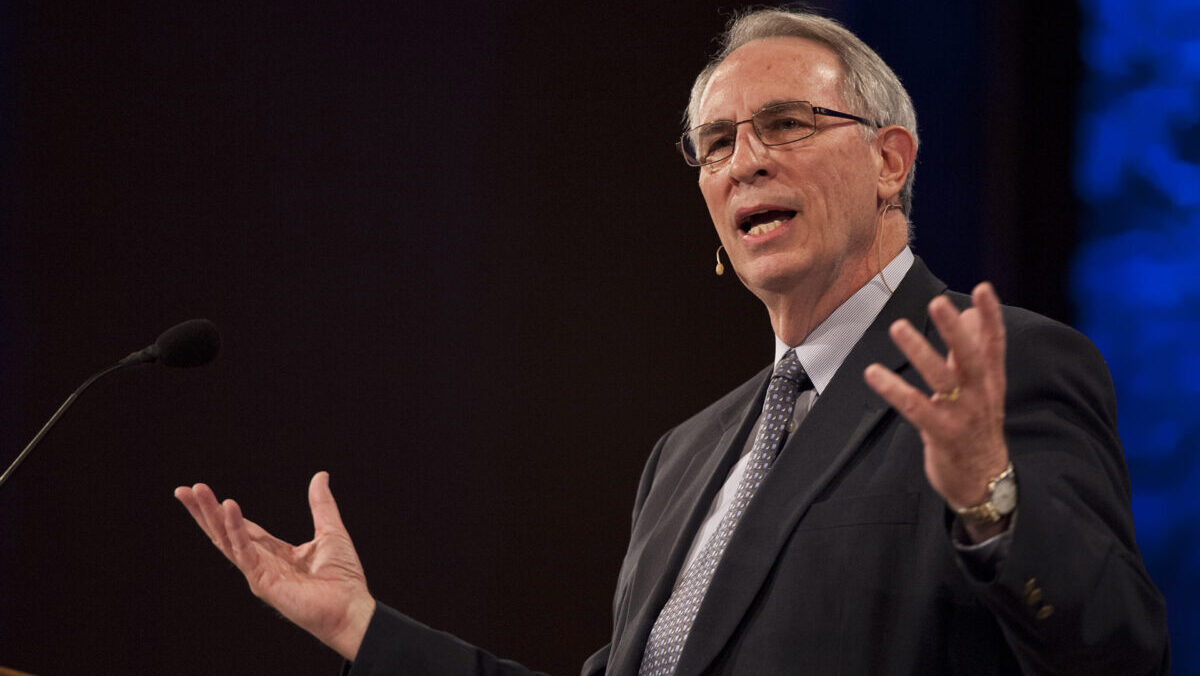EDITOR’S NOTE — Across the nation, children and teens are plagued by a host of escalating tragedies. In this series, we look at several issues facing America’s endangered youth and offer ways you and your church can help care for the next generation. For more stories in this series, click here.
In 2019, 14-year-old Nigel Shelby took his own life after repeated bullying by his peers at Alabama’s Huntsville High School. After his death, news reports said school officials had been aware of Nigel’s plan to kill himself, calling his mom and telling her to look for the boy’s suicide note in his backpack.
His death was a tragedy — a tragedy that is increasing.
The nation has witnessed a fivefold increase in youth suicide and suicide attempts over the past decade, happening particularly in preteen children ages 10 to 12. Some blame the higher rate of child and youth suicide on the recent pandemic, saying that children have experienced isolation and uncertainty, faced worsening family situations or abuse and lost their routines of school, church and sports.
But Rob Hendrickson, professor of emergency medicine in the Oregon Health and Science University School of Medicine, said the problem was growing before the pandemic.
“We know that the pandemic has increased anxiety and depression in young children, but this [OHSU] study shows that the increase in [children’s] suicide attempts started well before that,” he said.
Some blame mental health issues as the culprit.
The World Health Organization estimates that 10% to 20% of adolescents worldwide struggle with mental health issues. They report that “adolescence is a time when young people are struggling to fit in socially and emotionally, [and] … they are especially vulnerable to bullying, social ostracization, family dysfunction, problems in school, and trauma, any of which may trigger a mental health issue.”
MentalHealthLiteracy.org reports that “suicide itself is not a mental disorder, but one of the most important causes of suicide is mental illness — most often depression, bipolar disorder (manic depression), schizophrenia and substance use disorders.”
Risk factors
Researchers at Johns Hopkins Medicine state that suicide risk factors include mental or substance abuse problems or a family history of them, negative life events, a family history of suicide, familial abuse of any type, household guns, impulsive behaviors and exposure to others’ suicidal behaviors.
Among younger children, suicide attempts are often impulsive and may be caused by feelings of sadness, confusion, anger and other problems, according to the American Academy of Child & Adolescent Psychology. Among teenagers, suicide may be seen as a way to solve feelings of stress, self-doubt, pressure to succeed, disappointment or loss.
New research also shows that the crisis is growing among young people who identify as lesbian, gay, bisexual, transgender or questioning. Half of LGBTQ teens age 13 to 17 seriously considered attempting suicide in the past year, and 18% actually made a suicide attempt, according to the Trevor Project’s 2022 national survey. That’s a rate twice as high as the rate of all U.S. teens, which is 9 percent.
Whatever the reasons behind the rise in child and youth suicide, the latest numbers show that the U.S. is losing 20 teens a day to suicide, according to data from the Centers for Disease Control and Prevention. And nearly half of all youth suicides involve a firearm.
While some suicides are impossible to prevent, most are believed to be preventable. The church can be instrumental in its efforts to help prevent child and youth suicide within their congregations and communities.
Ways the church can respond
Here are some ways to do that:
- Preach and teach from the pulpit and in Bible study classes about the value of God-created life and the tragedy of teen suicide. Note: National Children’s Mental Health Awareness Day will be observed on Sunday, May 7, 2023.
- Begin a proactive suicide prevention program in your church.
- Build strong children and youth programs that create safe and welcoming environments for the church’s young people to meet, learn, fellowship and talk about their struggles. Pray with and for your young people.
- Invite Christian professionals from agencies in your community to speak to parents and grandparents, offering a variety of faith-themed parenting classes. Seek to build healthy family relationships in your congregation.
- Require your pastors of children and youth to take mental health awareness training through organizations like the NAMI (National Alliances on Mental Illnesses)
- Teach your church staff, teachers, children and youth ministers and congregation to take threats of suicide seriously, to recognize the symptoms and to respond immediately and appropriately. For example, if someone mentions or shows signs of suicide, do not leave that person alone, remove firearms, medications and other objects that could be used in a suicide attempt. Call law enforcement or the U.S. National Suicide Prevention Lifeline at 1-800-273-TALK (8255), take the potential suicide victim to an emergency room or seek help from a mental health professional.
- Create a network and updated list of trusted mental health professionals and resources for immediate referral.
In times of tragedy
If, in spite of your efforts, teen suicide occurs within your congregation, take action immediately.
Minister to the grieving family and church members, showing them the love of Christ. Be a patient presence, praying with those affected. Refer them to licensed Christian counselors and others for help.
Bring together church and community members. Invite professionals to speak, addressing the suicide. Mourn the loss of the victim. Hold a remembrance service in their honor. Be available to help family members arrange funeral and burial arrangements.
Watch for signs of copycat or clustered suicides. Teen suicide can often trigger tendencies that cause others to imitate the tragic act.
Resources
Some helpful resources:
— Alabama Public Health suicide prevention: adph.org/suicideprevention
— U.S. National Suicide Prevention Lifeline: 1-800-273-TALK (8255)
— American Foundation for Suicide Prevention: afsp.org/chapter/afsp-alabama








